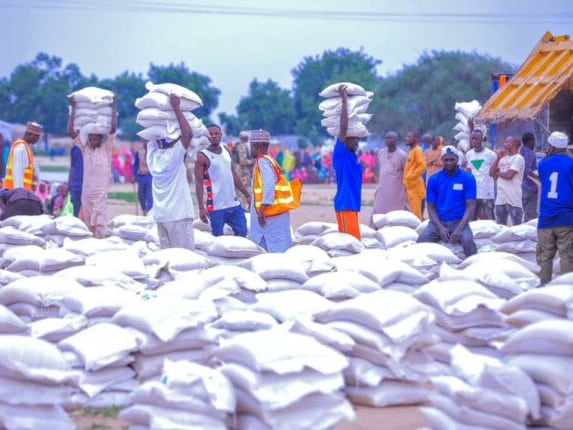The Minister of Humanitarian Affairs, Disaster Management, and Social Development, Professor Nentawe Yilwatda, has outlined key protocols to prevent stampedes and fatalities during future palliative distribution events in Nigeria. This comes in response to recent tragedies in Abuja, Ibadan, and Anambra during such distributions.
Speaking on a monitored program on Monday, Yilwatda emphasized the importance of proper planning and adherence to safety measures. He stated, “First, I want to sympathize with the families and the country for the lives we lost. As a government, we are deeply saddened by what happened. However, we must discuss the safety measures needed to avoid such incidents.”
The minister highlighted several protocols that must be followed:
- Event Registration: Organizers must register their events and beneficiaries in advance to control crowd size.
- Security Measures: Police officers should be involved to maintain order and enforce protocols.
- Risk Assessments: vulnerability checks and venue assessments should be conducted to identify potential hazards.
- Crowd Management: A dedicated team should be in place to manage participants and ensure smooth operations.
- Controlled Invitations: Beneficiaries should be pre-selected and informed through proper channels, rather than issuing open invitations.
“You can’t just throw open a palliative distribution event. For instance, in Ibadan, with a population of over 2 million, inviting 5,000 people to collect palliatives is a recipe for chaos. Similarly, in Abuja, with 2-3 million people, allowing unrestricted access for just 2,000 beneficiaries leads to overcrowding,” he explained.
Yilwatda stressed that even in high-risk areas like IDP centers, his ministry’s organized approach ensures safe distributions. He called for state and local governments to adopt federal protocols, emphasizing that most events occur at these levels.
“At the federal level, we have minimal events to control. State and local governments must domesticate these protocols. The police also have their procedures, which need to be enforced, such as requiring event registration and penalizing non-compliance,” he added.
When asked to elaborate, the minister provided additional recommendations:
- Inform the police and other security agencies about the event location and expected attendance.
- Collaborate with security personnel to select appropriate venues.
- Establish a crowd management team to oversee proceedings.
- Ensure protocol teams are present early to check in participants.
- Postpone events if the crowd becomes unmanageable.
Yilwatda also urged organizers without the resources to implement these measures to seek assistance from the federal government. “We are ready to support organizers to ensure the safety and well-being of our citizens,” he concluded.









